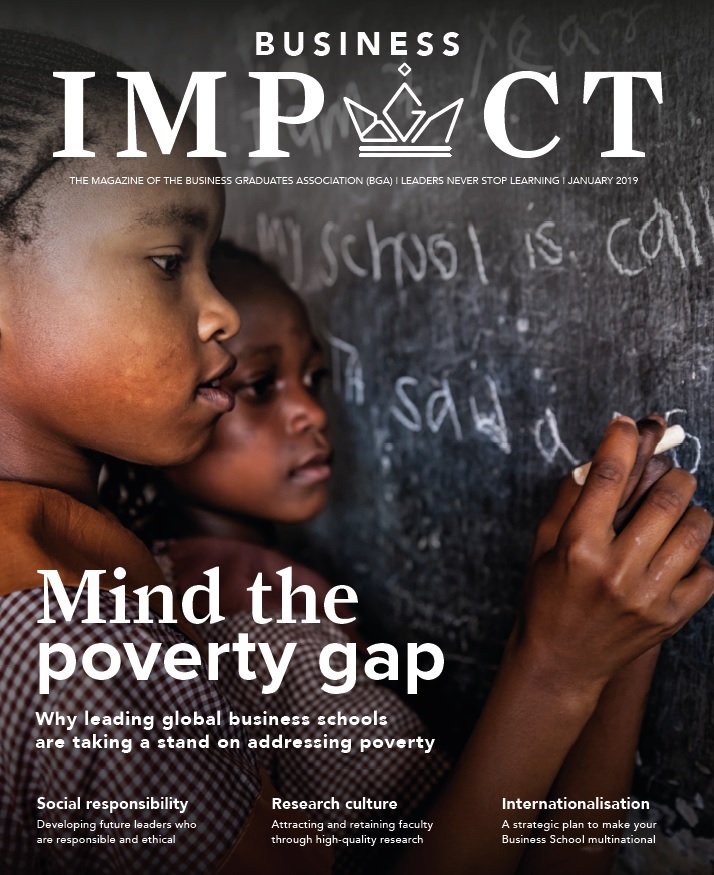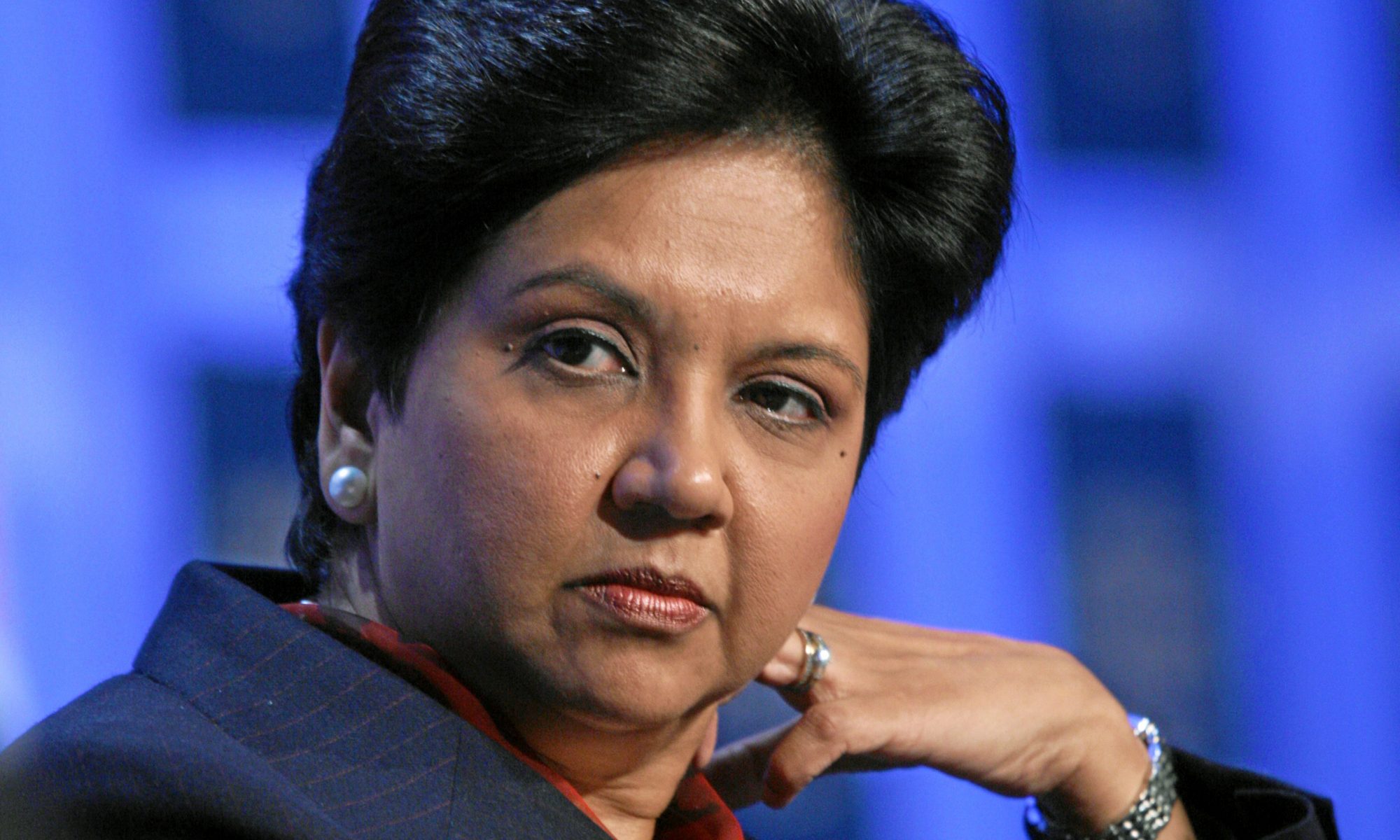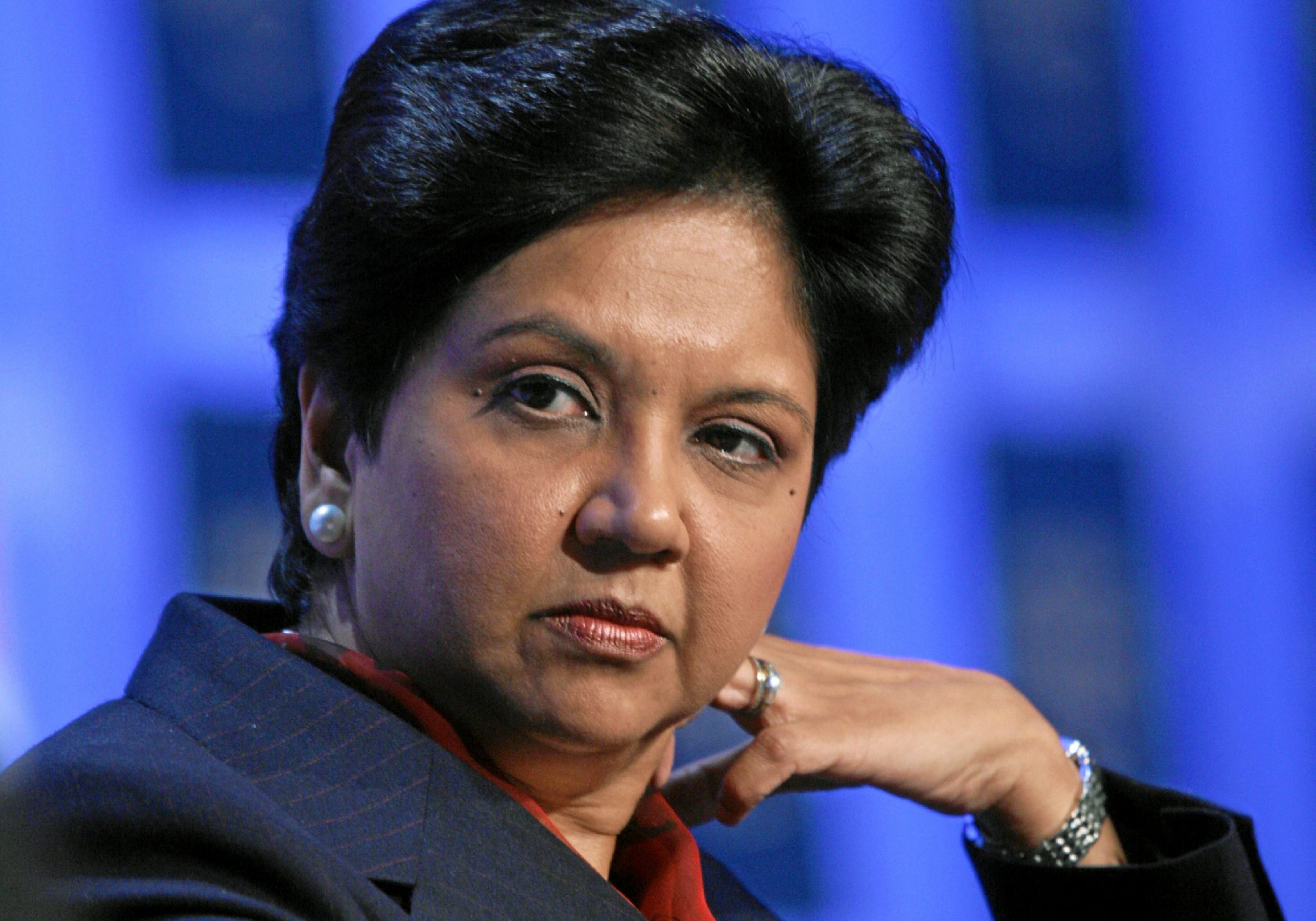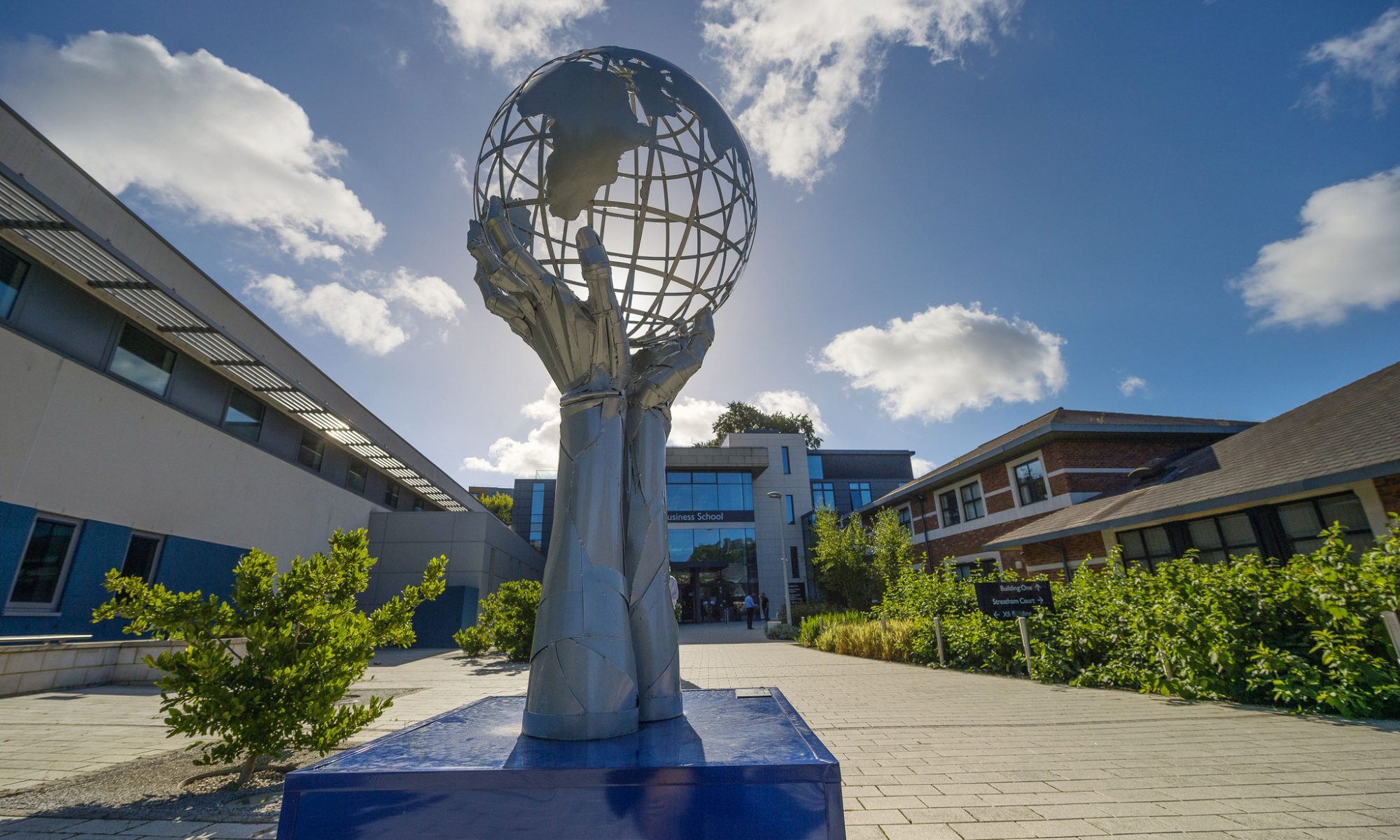How to get the best out of artificial intelligence
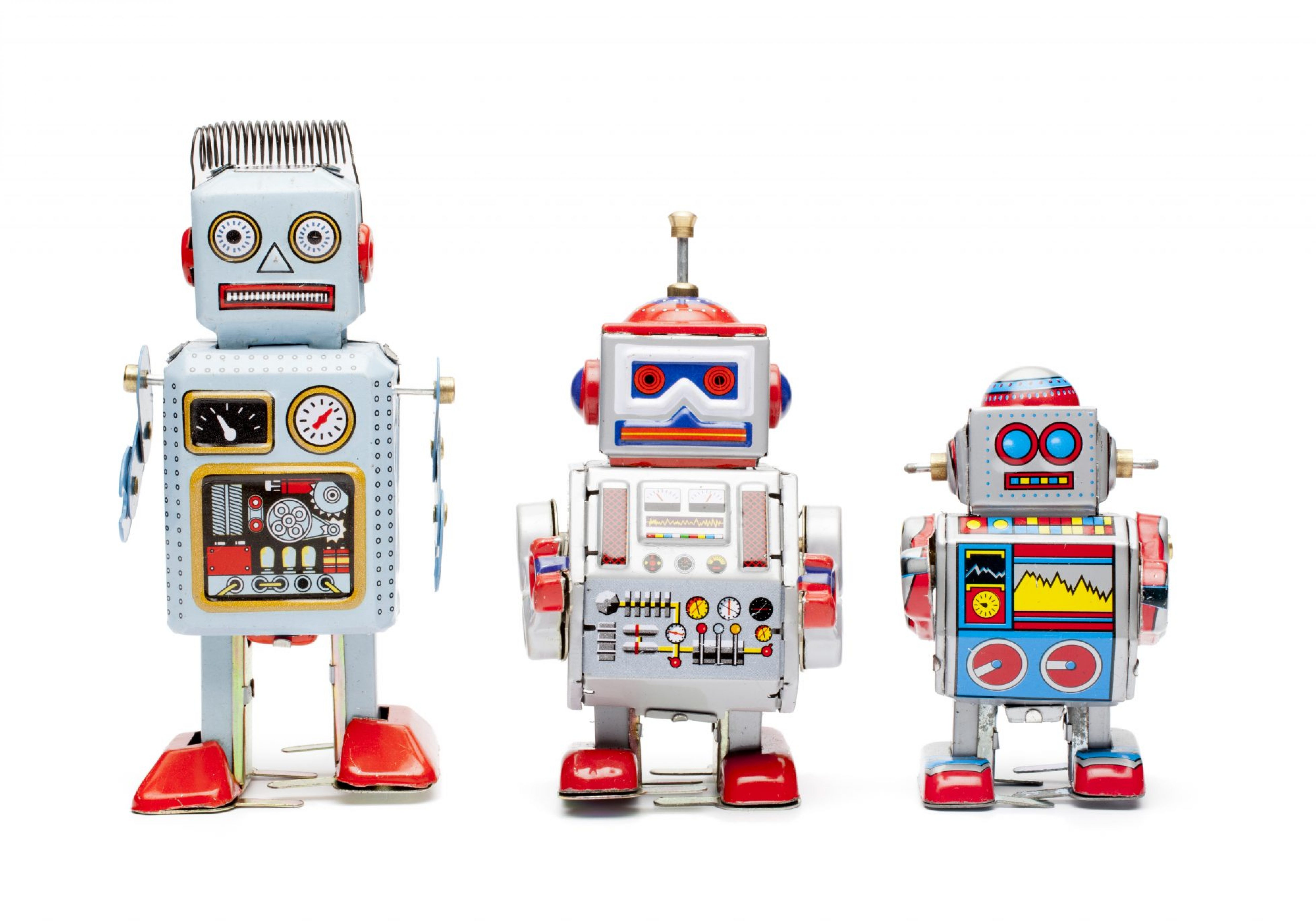

Much has been written – not all of it true – about the impact that artificial intelligence (AI) will have on the workplace.
AI is already transforming automated industries, including production, e-commerce, advertising, finance and logistics. It will soon impact more analytical and advisory occupations such as law, consultancy and medicine. But media reports about AI sometimes paint an unrealistic picture of its powers and fail to allow for obstacles in its application.
There has been less discussion of the practical impact AI will have, or how its application may be slowed due to poor public acceptance. Nevertheless, despite uncertainty about the breadth and pace of its impact, it is certain that AI will create significant challenges for leaders.
AI – how far will it go?
A fascinating five minutes can be spent taking the BBC’s test to ascertain how likely robots are to take over your job in the next two decades. With the ability to analyse enormous quantities of data, perform intricate operations and recognise instructions, the direction of travel is clear: AI-driven technology will be transformational in many industries.
Needless to say, however, AI is not magic. Virtually all recent progress in machine learning has been made through ‘supervised learning’, in which input data (A) generates a straightforward response (B). Human intelligence is capable of much more than A to B; we make choices based on complex data gathered over the course of our lifetimes, through learning, memory, experience and genetics. And, given the limitations of present-day AI, robots are a lot less likely to assimilate certain skills in the near term; those, for example, that require an understanding of history and culture, or context and reason.
It is difficult to imagine robots developing the empathy of humans, which is why we are more likely to be comfortable with a robot carrying out a complicated medical procedure on us, than with a robot checking up on us post-surgery to see how we’re doing and to offer us a cup of tea.
In other words, while tasks that require complex technical skills and knowledge may be carried out by robots, there are some that we would rather were done by other human beings, with whom we can have genuine, human emotional interaction.The ability to exercise effective judgement, creativity and discretion, combined with the capacity to improvise – as opposed to simply moving from A to B – will therefore be key skills for leaders of the future. Navigating a route through the kind of complex change that AI will bring isn’t necessarily anything new for leaders. However, the scale and pace of the change that AI brings will be, and this means that weaknesses at the top are more likely to be exposed than ever before.
Challenge one: strategy – and structure
As decision makers, leaders will need not only to recognise and understand how their market context is changing but how to adapt and respond to that change. Only by doing so can leaders ensure their organisations stay ahead of (or at least keep up with) the curve, and remain relevant to those they serve. It is not surprising that boards are scurrying to ensure they include a top-notch chief technology officer, bringing digital understanding to strategic decision making – although technology executives are still poorly represented on public boards.
A few companies have gone further. Back in 2014, a Hong Kong-based venture capital firm, Deep Knowledge Ventures, became one of the first companies in the world to appoint an algorithm, named VITAL, to its board of directors. VITAL supports fellow board members by providing information on potential investment decisions, scanning vast quantities of financial figures and other data on its potential future clients, as well as trends in the market.
However, as the philosopher Voltaire was wise enough to suggest several centuries ago, it’s important to judge people ‘by their questions, not their answers’. Or, in the context of AI, the data currently produced is only as useful as the humans who feed in the data sets and analyse and interpret the results.
Leaders must therefore ensure they not only have the right board make-up to respond to technology-led change, but that they have the right structures throughout their organisations, effectively surrounding AI with the human intelligence. This brings us to challenge two.
Challenge two: skills and motivation
In responding to change and staying ahead of the curve, a second absolutely critical element to success or failure for leaders will be whether or not they bring their workforce with them; both in terms of equipping their employees with the right skills to complement AI and motivating them to remain effective throughout a potentially long period of upheaval.
We are often warned about a lack of STEM skills that will needed to navigate the future. In a recent UK study by the Confederation of British Industry and Pearson, more than half of respondent companies were concerned that their future growth would be held back by
skills shortages.
However, as AI-powered robots become easier for users to interact with, companies will need to focus on developing those skills that are distinctly human; for example, intuition, creativity, empathy, resilience and the ability to scan horizons and context in a way that adds value to the business. Getting this level, and mix, of skills right will be an important part of leaders’ future-proofing strategies, no doubt influenced by access to global talent, as well as home-grown training programmes.
In terms of motivation, as with any disruption, change needs to be driven from the top with clarity, vision and consideration for those affected. And in doing so, leaders themselves will increasingly have to focus on their soft leadership skills, rather than proving their authority through knowledge and technical expertise. The latter skills may soon become augmented or replaced entirely by AI.
Fortunately, when it comes to helping both leaders and employees get to grips with rapid change, AI is not only the problem but part of the solution. For example, at my own organisation, Ososim, we have experienced the power of AI in helping to create training simulations that are so carefully modelled on the responses of the human brain, participants find them very persuasive and effective. These simulations are already being used by some of the largest companies around the world to help improve skills and capabilities in areas such as emotional intelligence, mental resilience and persuasion.
Challenge three: vision and purpose
Finally, while all this upheaval can sound deeply intimidating, we must remember that technology has been improving the capabilities we have as humans for decades. Until now, the focus has been more on what we are physically capable of doing. Technology has helped us to achieve things that our bodies were simply not capable of doing before – from flying thousands of miles through the air to communicating with one another across continents.
With the help of AI, technology is now enhancing our mental capabilities as well as our physical ones: crunching huge quantities of information in milliseconds, and using algorithms that flawlessly remember every correction ever made.
What technology cannot yet master is understand what it is actually doing and why; nor does it care. A robot kitted out with AI has no sense of ethics or purpose, equity or fairness, beyond what we humans tell it.
And therein lies the third hugely significant challenge for today’s leaders and those of tomorrow: AI will be as ‘good’ or as ‘bad’ as humans make it. It was with this challenge in mind that, in 2014, AI research firm DeepMind insisted that if it were to sell its AI programme to Google, an ethics committee must be appointed to oversee its use.
It is imperative that human leaders, across public and private sectors, remain closely involved with the development of AI, challenging the data, putting it in context, and remembering that human creativity, vision and purpose may need to override whatever AI is or isn’t saying. AI may bring incredible progress, but it is our human leaders who must remain in charge of the moral compass.
Organisations such as the World Economic Forum have played a strong role in leading this kind of global discussion. They have set the challenge squarely at the door of leaders across the private, public and third sectors, in terms of how the fourth industrial revolution can be balanced with responsible governance and global goals, from the elimination of extreme poverty to gender equality.
Business schools, such as INSEAD, are putting the development of thoughtful, responsible leaders, at the heart of their missions. As the populist, negative emotions expressed by once-dominant groups, threatened by technological change, increasingly distract political leaders, so business leaders will need to provide the positive vision to guide inevitable technological advances.The human race has been through change before; our greatest strength as a species has been our ability to evolve and survive. But in each and every transition, leadership is key. Smart machines can make us smarter, and continue to drive our progress forward. But we must take nothing for granted.
Strategy, motivation and vision will all be essential to how well we humans ride this next wave.
Jonathan Knight is CEO of global learning and technology company Ososim. He was part of the leadership team that established Accenture Learning and a founding member of the EU’s eLearning Industry Group. Jonathan has an MBA from INSEAD. His clients include BNP Paribas, Cisco, Deloitte, London Business School and the World Economic Forum.
Read more Business Impact articles related to artificial intelligence

Going all-in with AI to enable impact
Discover six ways in which you can start using generative AI now to boost the impact of your business’ marketing activities

Navigating the frontiers of innovation with AI
From accelerating processes and catalysing change to uncovering potential treasure, AI can spur any organisation’s innovation cycle, says director of education at the Institute of Analytics Clare Walsh

Student expectations in the age of AI
New research reveals that 57 per cent of students worldwide now expect their university to offer AI support tools. Managing director at Studiosity Isabelle Bristow delves deeper into the findings
Want your business school to feature in
Business Impact?
For questions about editorial opportunities, please contact:
Tim Banerjee Dhoul
Content Editor
Business Impact







